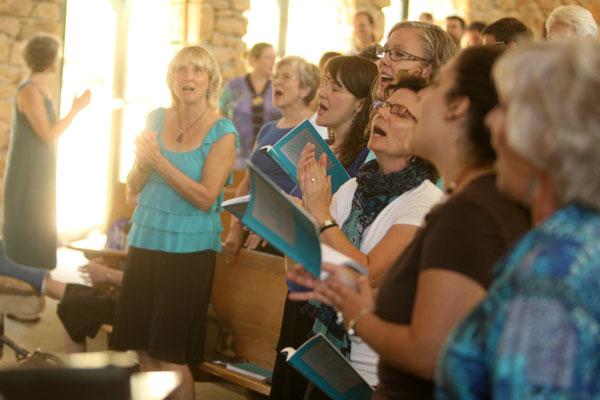For Nathan De Lee, going to church as a kid was an ordeal.
De Lee, a Unitarian Universalist, grew up in rural Kansas, where members of his faith were few and far between. Attending services meant an overnight trip to Kansas City, Mo., where the nearest Unitarian Universalist congregation was.
Today, getting to church is easy for De Lee, an astronomer at Vanderbilt University. He's a regular in the choir on Sundays at First Unitarian Universalist Church in Nashville, which has a congregation of about 500.
De Lee is one of a growing number of Unitarian Universalists, a group of people who believe in organized religion but are skeptical about doctrine. The denomination grew nationally by 15.8 percent from 2000 to 2010, according to the Association of Statisticians of American Religious Bodies.
Read the Full Article

